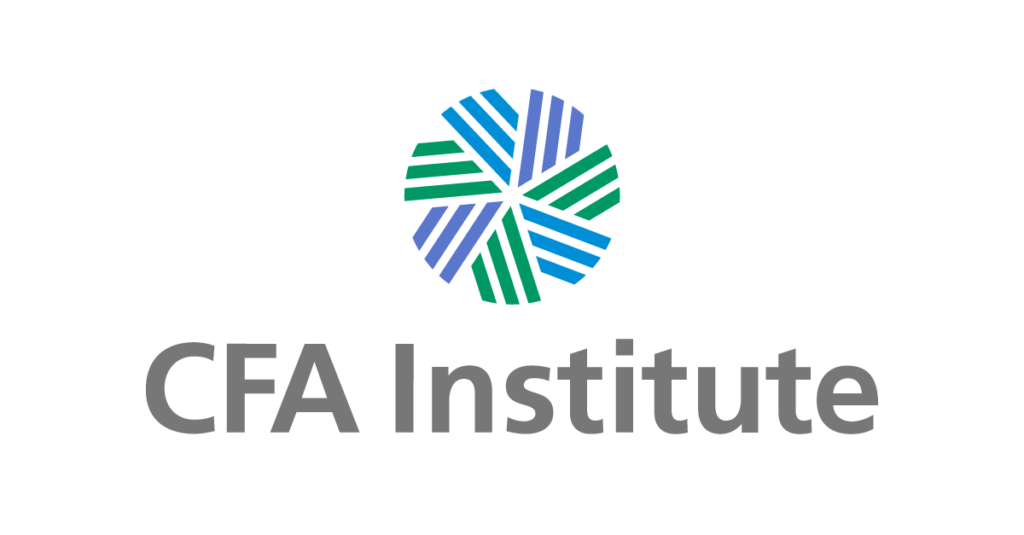MBA vs CFA: Which Is Better?
MBA vs CFA: Which Is Better?
Blog Article
Understanding MBA and CFA
What is an MBA?
CFA Classes In Pune
CFA Classes

They can be full-time, part-time, executive or online, and generally take one to two years to complete. The most popular and best business schools in MBA programs are Harvard, Wharton, INSEAD, London Business School, IIMs (India).
What is CFA?
The CFA (Chartered Financial Analyst) program is a globally recognized professional certification that the CFA Institute offers. It covers investment management, financial analysis, portfolio management, and ethics.
The CFA program has three levels and can take typically, 2-4 years to complete. Candidates must pass all three levels and be able to demonstrate a minimum of four years of pertinent work experience to achieve the CFA charter.
2. Key Differences Between MBA and CFA
| Feature | MBA | CFA |
| Duration | 1-2 years | 2-4 years |
| Cost | $50,000 – $200,000 (₹10-50 lakh) | $2,500 – $10,000 (₹2-8 lakh) |
| Focus | Business management, leadership, marketing, strategy, finance | Investment analysis, portfolio management, financial modeling |
| Flexibility | Full-time, part-time, executive, online | Self-paced study |
| Recognition | High, especially from top B-schools | High, but primarily in investment and finance |
| Career Scope | Banking, consulting, entrepreneurship, finance, marketing | Investment banking, asset management, equity research |
| Difficulty Level | Moderate to high (depends on B-school) | Very high (less than 50% pass rate per level) |
| Return on Investment | High, especially from top B-schools | High, but mainly in investment roles |
3. Career Opportunities: MBA vs CFA
MBA Career Paths

- IFM (Goldman Sachs, JP Morgan, Morgan Stanley)
- Management Consulting (McKinsey & Co. / BCG / Bain)
- Corporate Finance (Large corporates like Google, Amazon, Microsoft)
- Private Equity & Venture Capitals
- Entrepreneurship & Startups
- Marketing & Strategy Roles
Candidates with an MBA would be trained in managerial and leadership skills, making them the ideal candidates for mid-to-senior-level positions across multinational corporates.
CFA Career Paths

The CFA designation is highly specialized in finance, particularly in investment management. Common career paths for CFA charterholders include:
- Equity Research Analyst
- Portfolio Manager
- Investment Banking Analyst
- Risk Manager
- Financial Consultant
- Hedge Fund Manager
The CFA is the gold standard for professionals looking to specialize in investment analysis, portfolio management, and asset management. However, it does not provide the same level of managerial training as an MBA. Report this page